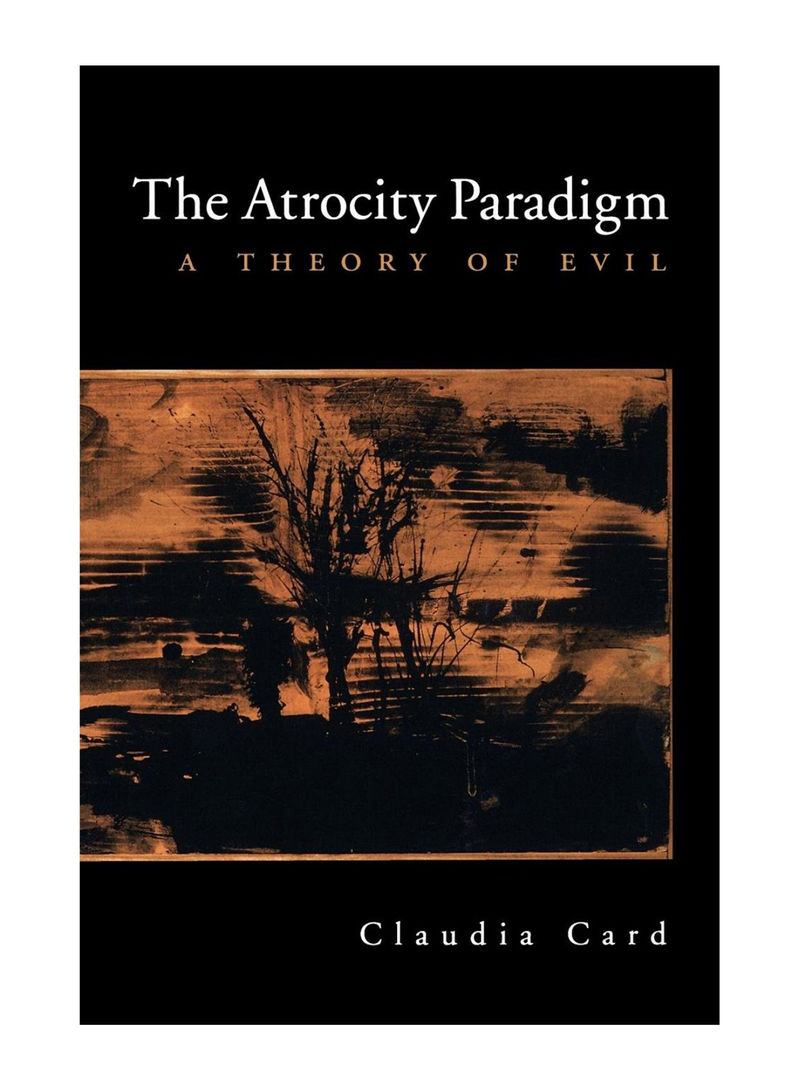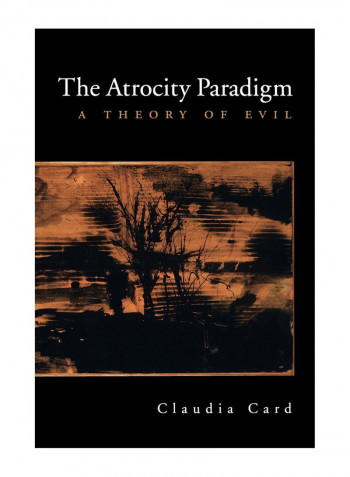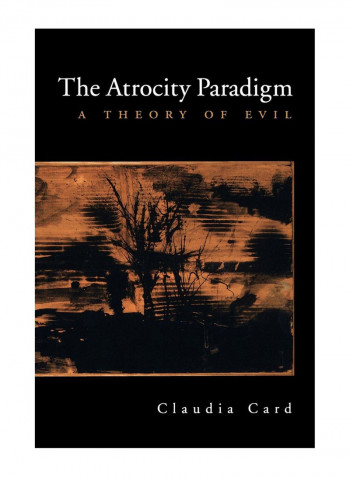The Atrocity Paradigm Paperback
Recommend
Sort by
Rating
Date
Specifications
Author 1
Claudia Card
Book Description
What distinguishes evils from ordinary wrongs? Is hatred a necessarily evil? Are some evils unforgivable? Are there evils we should tolerate? What can make evils hard to recognize? Are evils inevitable? How can we best respond to and live with evils? Claudia Card offers a secular theory of evil that responds to these questions and more. Evils, according to her theory, have two fundamental components. One component is reasonably foreseeable intolerable harm -- harm that makes a life indecent and impossible or that makes a death indecent. The other component is culpable wrongdoing. Atrocities, such as genocides, slavery, war rape, torture, and severe child abuse, are Card's paradigms because in them these key elements are writ large. Atrocities deserve more attention than secular philosophers have so far paid them. They are distinguished from ordinary wrongs not by the psychological states of evildoers but by the seriousness of the harm that is done. Evildoers need not be sadistic: they may simply be negligent or unscrupulous in pursuing their goals. Card's theory represents a compromise between classic utilitarian and stoic alternatives (including Kant's theory of radical evil). Utilitarians tend to reduce evils to their harms; Stoics tend to reduce evils to the wickedness of perpetrators: Card accepts neither reduction. She also responds to Nietzsche's challenges about the worth of the concept of evil, and she uses her theory to argue that evils are more important than merely unjust inequalities. She applies the theory in explorations of war rape and violence against intimates. She also takes up what Primo Levi called
ISBN-10
0195181263
ISBN-13
9780195181265
Language
English
Publisher
Oxford University Press
Publication Date
21-Feb-2005
Number of Pages
300
About the Author
Claudia Card Emma Goldman Professor of Philosophy University of Wisconsin, Madison
Editorial Review
This book will probably be of most interest to those engaged in human and women's rights struggles and other political issues, as well as other academic philosophers... Speaks to both contemporary and social theories, and at the core, The Atrocity Paradigm is a useful and provocative starting point for this discussion."―SF Gate "Ordinarily, I would advise taking the puffery on a book's dust jacket with a grain of salt. But, in this case, I think no exaggeration at all is involved in the claim that the book contains a good deal of wisdom. In sum, this is an excellent book. I recommend it very highly to any philosopher who is interested in the topic of evil



